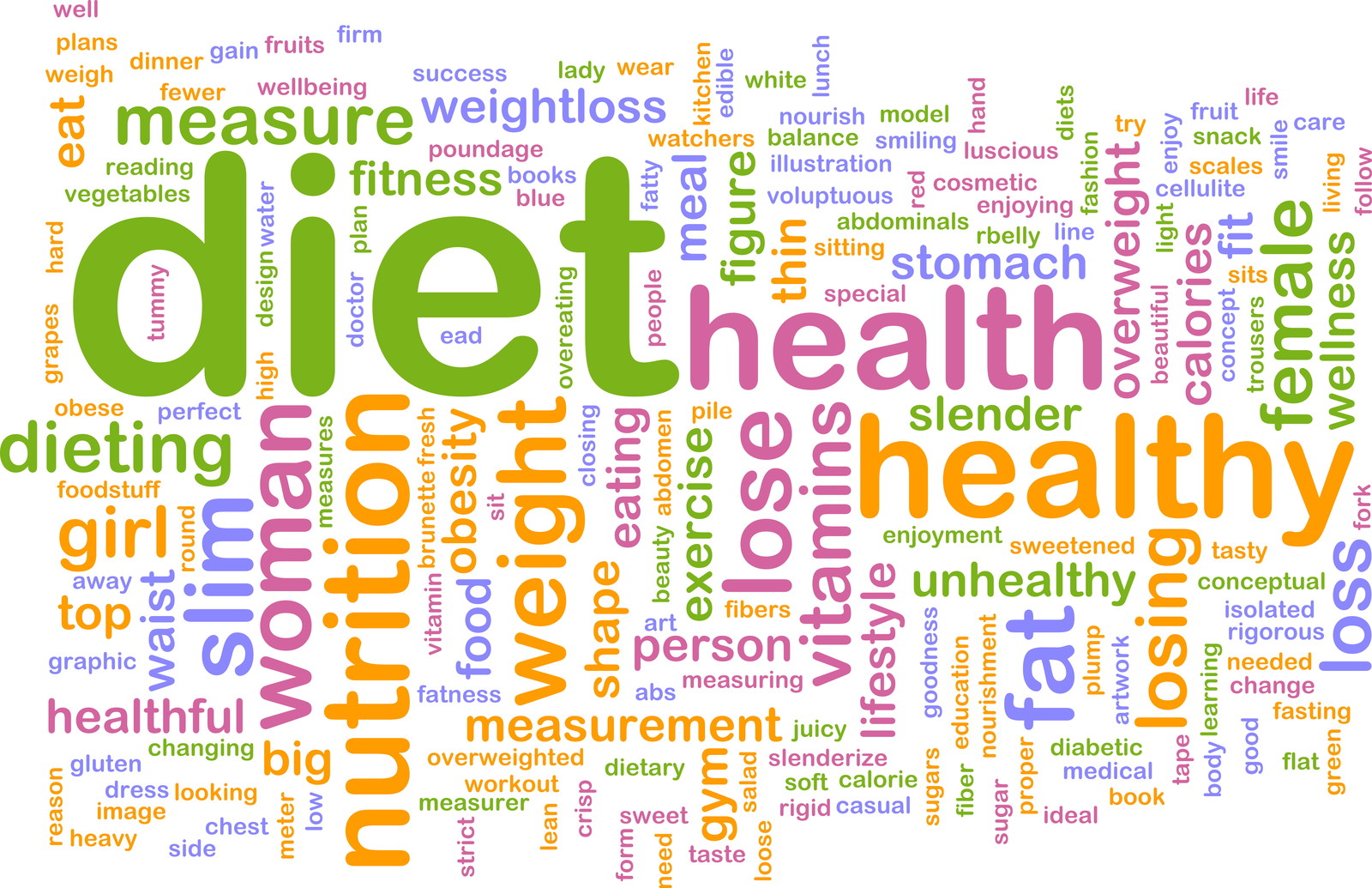[ad_1]
Fast diet plans are one of the most popular topics in the field of health and well being. It never fades away, names may change but the principles are the same-promise an instant solution to the problems of overweight overnight. How many fad diets have you ever tried in your lifetime? Ever wondered why fad diets do not really work? Here are the top 5 reasons why diets are doomed to failure.
1. Diets are monotonous. They lacked to give one important element in menu planning-variety. It means serving different kinds of food everyday to prevent taste fatigue. It also makes our meal more enticing and satisfying. Obviously fast diets offer bland foods that you must solely take in for a couple of days to weeks. Some goes for months. Can you imagine eating the same kind of food every meal for the rest of your life? Boredom and deprivation are the reasons why people do not stick with this kind of diet, You may lose weight in this kind of diet but for just a given period of time diets make you feel hungrier. And as expected, due to the feeling of deprivation, you go to back to your usual diet and presto – re gain the "lost pounds" all over again.
2. Diets do not include exercise. Diet without exercise never works. Lost weight from diets are due to water not fat. Excess fats must be burn through exercise. Weight management means hard work. There is no single pill or food shakes that shed off the accumulated weight you've gained through time in an instant.
3. Diets are too strict and too difficult, too little and too fast. Too much of everything expire enthusiasm. In this fast-paced environment, one must have enough energy to get through the day. However, diets demand no carbohydrates, no sugar, just plain fruits and vegetables. Definitely lacks energy to face the busy world. To add up, if you are not that lucky enough, you might get sick because of depleted nutrients from these fast diet plans to fight infections.
4. Diets are generalized. Losing weight effectively should be individualized. What might work for others may not work for you. diet plans rely heavily on undocumented testimonies and anecdotes without scientific findings. Effective weight loss programs include individual assessment and behavior modification.
5. Diets do not include lifestyle change. Losing weight does not focus on diet alone. A good weight loss program involves diet, exercise, sleep and managing stress and emotions. Before you engaged yourself in another popular fast diet plans; think of the reasons above. You might be wasting your time and energy. Always remember that there are only 3 aspects to consider in weight management; proper diet, exercise and behavior change; no more no less.
[ad_2]
Source by Alma Liyag
